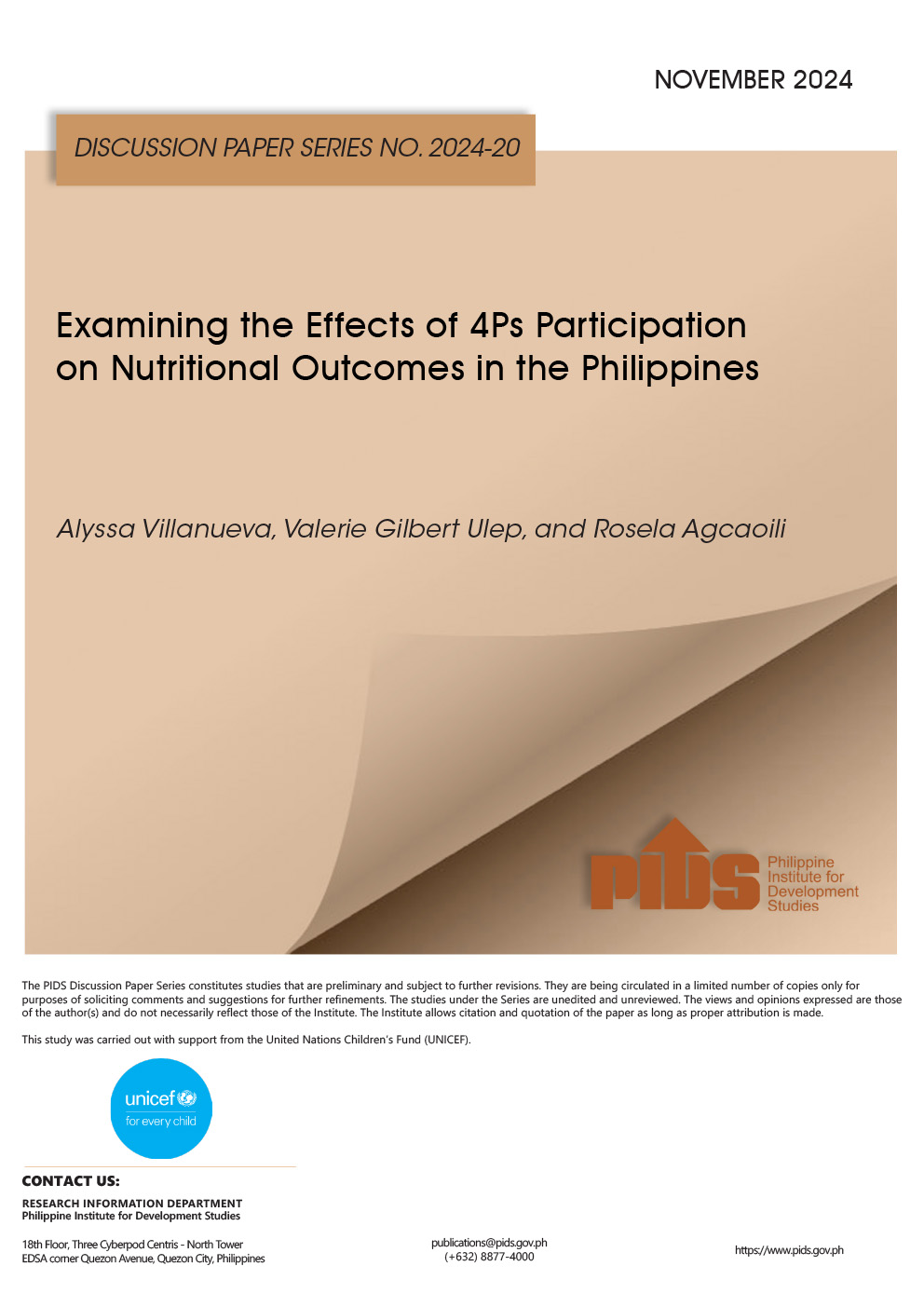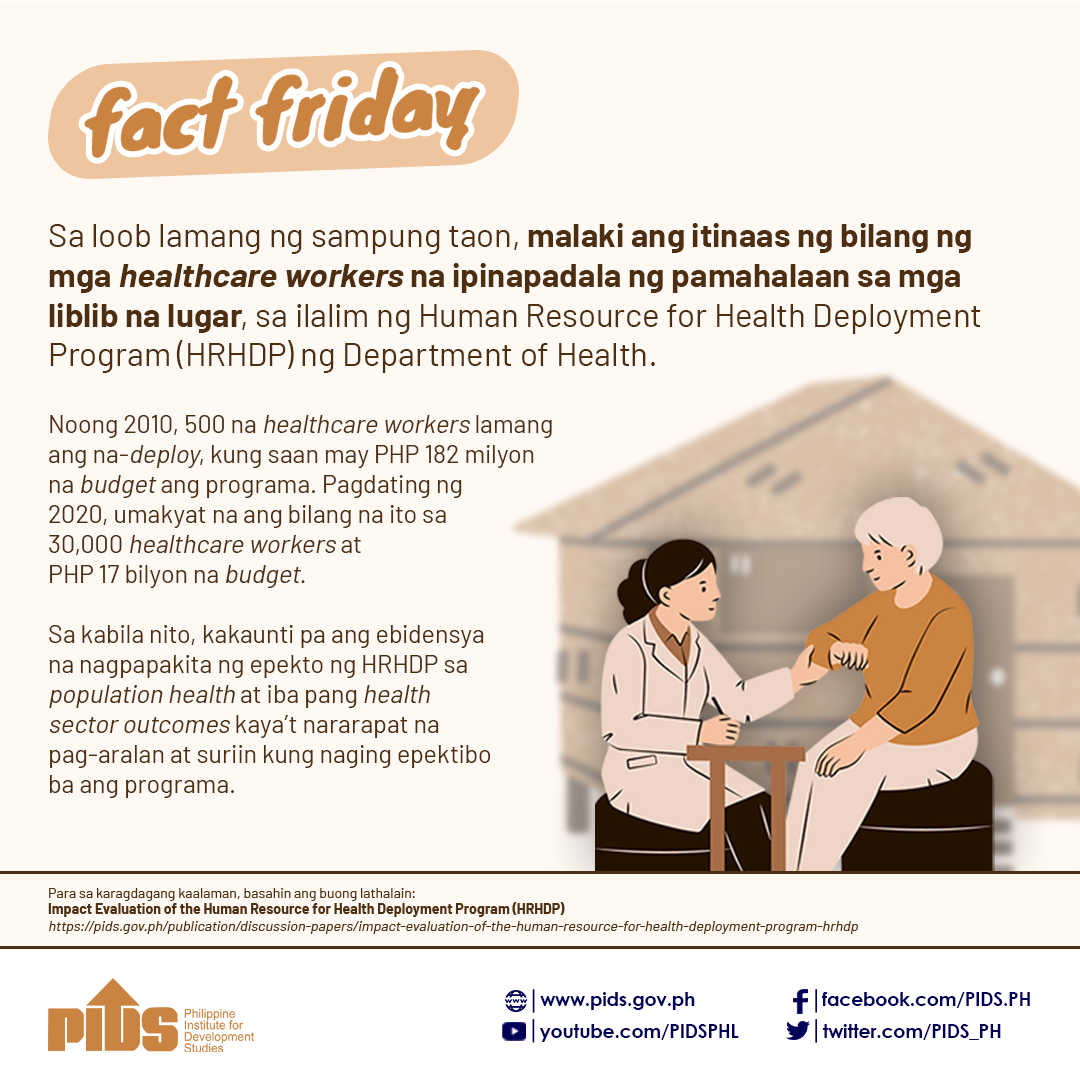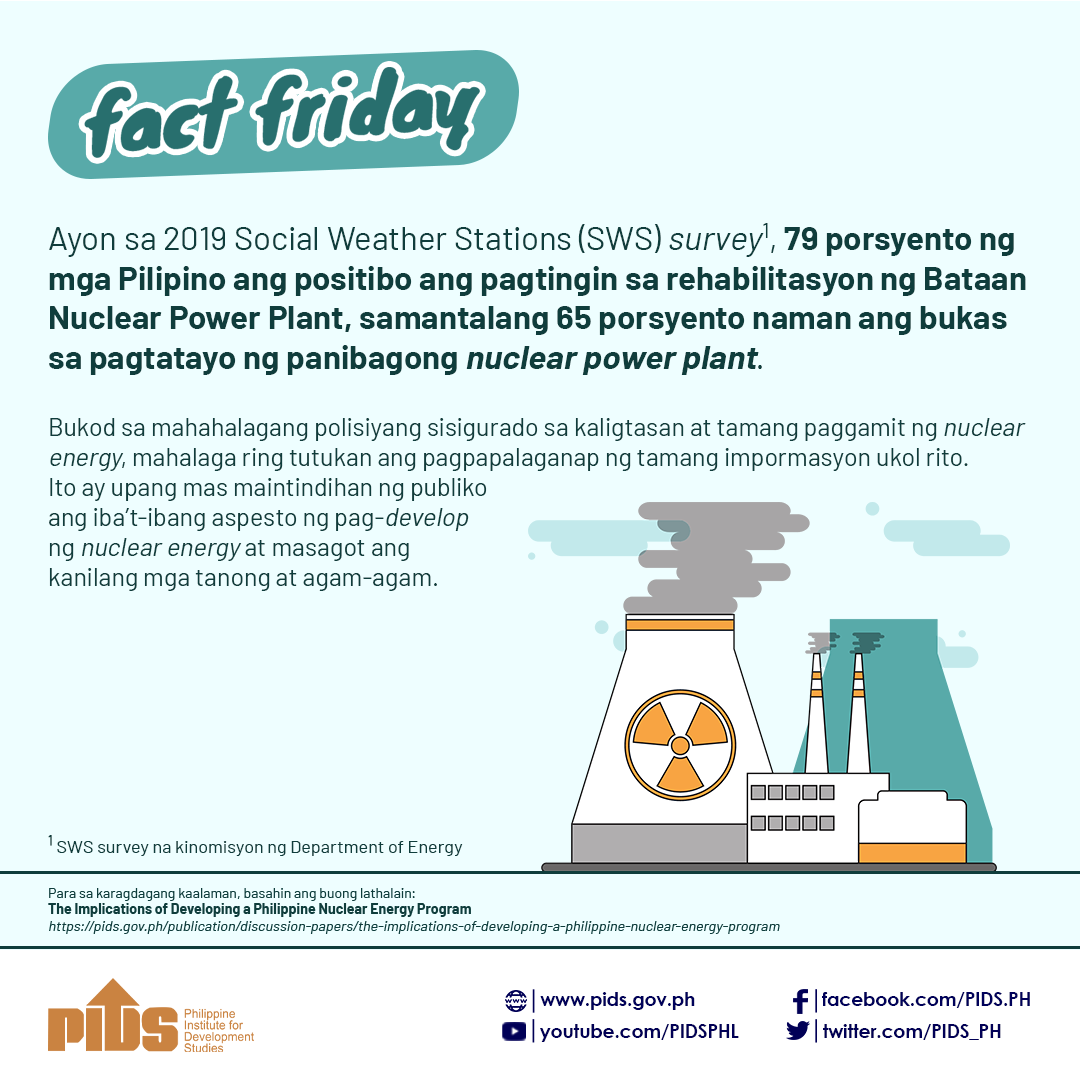CEBU, Philippines – The government's greening program, if implemented properly and efficiently, can help improve the country's economy, hinted a new study by state think tank Philippine Institute for Development Studies.
According to the PIDS study, about .3 percent increase is expected in the total output of the economy by 2020, one percent in 2030, and 2.5 percent in 2050 if the National Greening Program (NGP) is given utmost attention and implemented according to plan.
The NGP was a priority program of the Aquino Administration aimed at poverty reduction, food security, environmental stability and for biodiversity conservation, and enhancement of climate change mitigation and adaptation. It had a total budget of P31 billion for five years and aimed at planting 1.5 billion seedlings in 1.5 million hectares of land nationwide from 2011 to 2016.
If properly implemented, the NGP can help in further reducing poverty and preserving the environment, said PIDS in a policy note it released recently.
"There is high probability the expected outcomes of the NGP will be attained, if it is implemented efficiently and effectively and as planned," PIDS said.
As of June 2016, over 1.3 billion seedlings of various tree species have been planted in more than 1.6 hectares of open, denuded, and degraded forest lands.
The PIDS study noted that the program exceeded its target area at 113 percent but fell short in its target seedlings planted at 90 percent. But these figures, according to the study, already equaled or even surpassed what the Philippine government had accomplished in reforestation in the past 50 years.
In terms of employment generation, the NGP has provided 3.3 million jobs, around half a million of which are in upland and rural communities.
Almost three-fourths of households in NGP sites claimed there had been significant increases in their incomes. This was likewise confirmed by simulations done by PIDS, comparing business-as-usual scenario versus having the NGP.
Considering the government's decision to extend the program to 2028, PIDD suggested that it is worthwhile to evaluate the NGP's performance and look at the issues and problems encountered during its implementation.
Taking effective steps to improve its implementation will go a long way to ensure its success, the study further recommended. – (FREEMAN)
According to the PIDS study, about .3 percent increase is expected in the total output of the economy by 2020, one percent in 2030, and 2.5 percent in 2050 if the National Greening Program (NGP) is given utmost attention and implemented according to plan.
The NGP was a priority program of the Aquino Administration aimed at poverty reduction, food security, environmental stability and for biodiversity conservation, and enhancement of climate change mitigation and adaptation. It had a total budget of P31 billion for five years and aimed at planting 1.5 billion seedlings in 1.5 million hectares of land nationwide from 2011 to 2016.
If properly implemented, the NGP can help in further reducing poverty and preserving the environment, said PIDS in a policy note it released recently.
"There is high probability the expected outcomes of the NGP will be attained, if it is implemented efficiently and effectively and as planned," PIDS said.
As of June 2016, over 1.3 billion seedlings of various tree species have been planted in more than 1.6 hectares of open, denuded, and degraded forest lands.
The PIDS study noted that the program exceeded its target area at 113 percent but fell short in its target seedlings planted at 90 percent. But these figures, according to the study, already equaled or even surpassed what the Philippine government had accomplished in reforestation in the past 50 years.
In terms of employment generation, the NGP has provided 3.3 million jobs, around half a million of which are in upland and rural communities.
Almost three-fourths of households in NGP sites claimed there had been significant increases in their incomes. This was likewise confirmed by simulations done by PIDS, comparing business-as-usual scenario versus having the NGP.
Considering the government's decision to extend the program to 2028, PIDD suggested that it is worthwhile to evaluate the NGP's performance and look at the issues and problems encountered during its implementation.
Taking effective steps to improve its implementation will go a long way to ensure its success, the study further recommended. – (FREEMAN)











